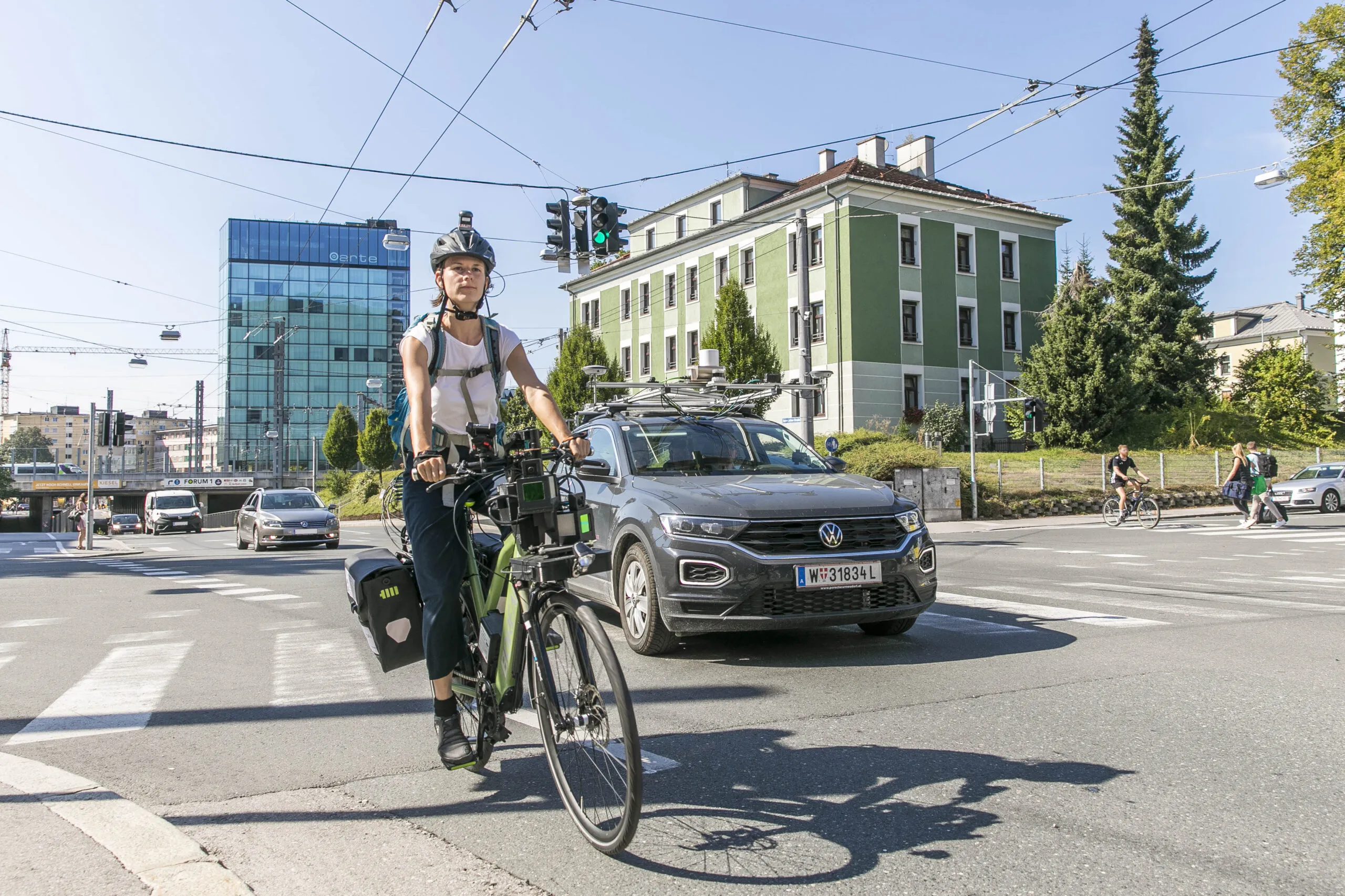High-performance assistance systems, which control speed and the distance between vehicles, already help drivers reach their destinations safely and more comfortably. They also warn drivers of traffic jams and help them maneuver into even the tightest of parking spaces. Automotive technology and services supplier Bosch is set to expand its future range of driver assistance technology with systems will take on a growing role in guiding vehicles through traffic jams. More specifically, they will brake, accele
February 1, 2013
Read time: 2 mins
High-performance assistance systems, which control speed and the distance between vehicles, already help drivers reach their destinations safely and more comfortably. They also warn drivers of traffic jams and help them maneuver into even the tightest of parking spaces.
Automotive technology and services supplier311 Bosch is set to expand its future range of driver assistance technology with systems will take on a growing role in guiding vehicles through traffic jams. More specifically, they will brake, accelerate, and steer completely autonomously. The traffic jam assistant will operate in most stop-and-go traffic situations, when the vehicle is moving at speeds between 0 and 50 kilometres per hour.
According to German motor club ADAC, the total length of tailbacks in Germany alone amounted to 405,000 kilometres in 2011. “The traffic jam assistant helps drivers arrive more relaxed at their destination, even in dense traffic,” says Gerhard Steiger, president of the Bosch Chassis Systems Control division.
The first generation of the traffic jam assistant is expected to enter series production in 2014. In the following years, the feature will be enhanced to cover ever-faster speeds and more complex driving situations. Eventually, the traffic jam assistant will serve as a highway pilot, making fully autonomous driving a reality.
Adaptive cruise control already tracks the vehicles ahead and adapts the distance and speed of the driver’s own vehicle accordingly.
Combining the Bosch electronic stability program (ESP) with the additional support of lane-detection cameras and electromechanical steering forms the technical basis for autonomous driving. High-performance software calculates the appropriate driving instructions for safer and less stressful driving. Automatic lane changing is the next step. It calls for two additional features; a rear-mounted radar sensor that also detects fast-approaching vehicles and a dynamic navigation map. Such maps, which operate via a mobile network connection, can keep drivers informed of current roadwork sites and local speed restrictions.
Automotive technology and services supplier
According to German motor club ADAC, the total length of tailbacks in Germany alone amounted to 405,000 kilometres in 2011. “The traffic jam assistant helps drivers arrive more relaxed at their destination, even in dense traffic,” says Gerhard Steiger, president of the Bosch Chassis Systems Control division.
The first generation of the traffic jam assistant is expected to enter series production in 2014. In the following years, the feature will be enhanced to cover ever-faster speeds and more complex driving situations. Eventually, the traffic jam assistant will serve as a highway pilot, making fully autonomous driving a reality.
Adaptive cruise control already tracks the vehicles ahead and adapts the distance and speed of the driver’s own vehicle accordingly.
Combining the Bosch electronic stability program (ESP) with the additional support of lane-detection cameras and electromechanical steering forms the technical basis for autonomous driving. High-performance software calculates the appropriate driving instructions for safer and less stressful driving. Automatic lane changing is the next step. It calls for two additional features; a rear-mounted radar sensor that also detects fast-approaching vehicles and a dynamic navigation map. Such maps, which operate via a mobile network connection, can keep drivers informed of current roadwork sites and local speed restrictions.








